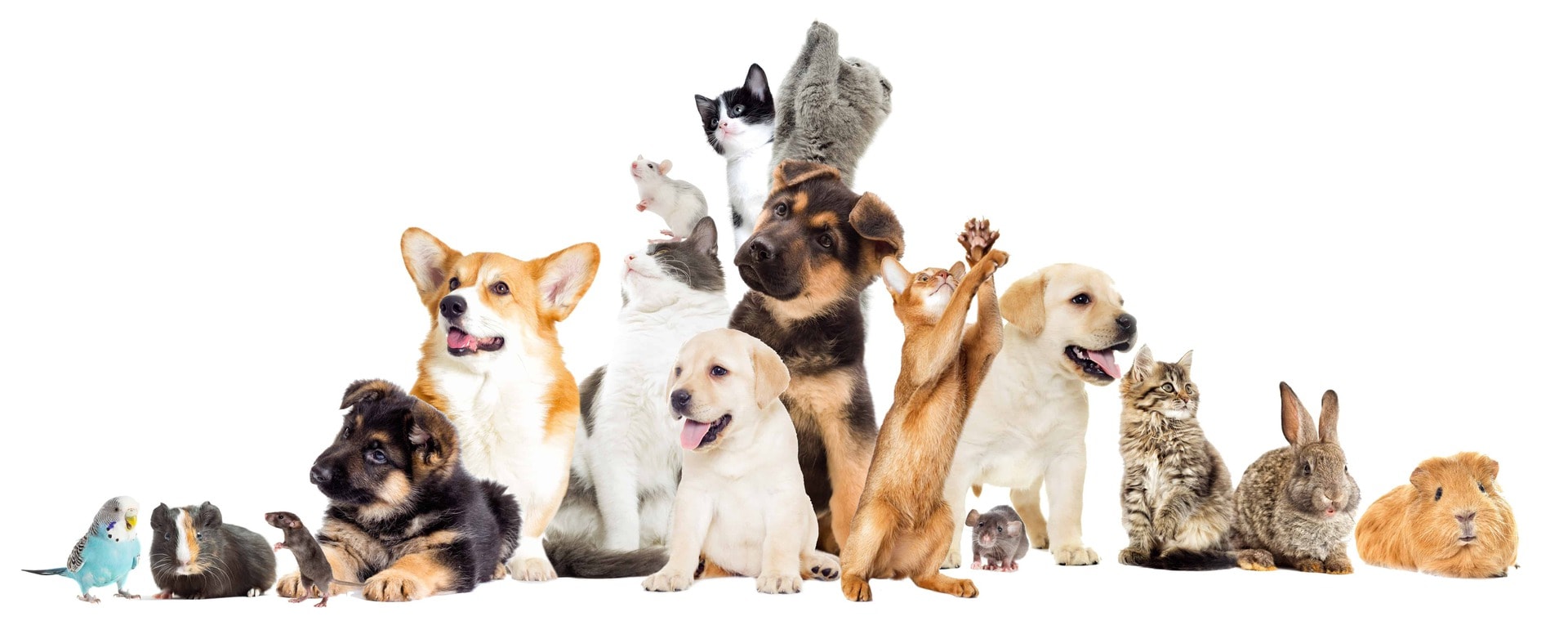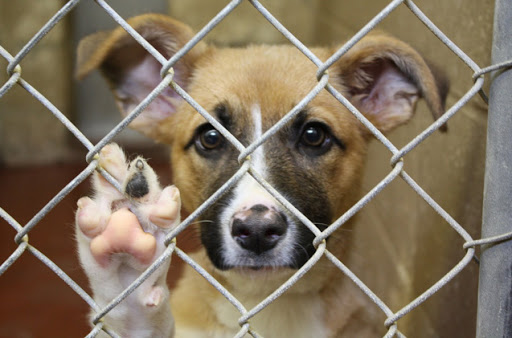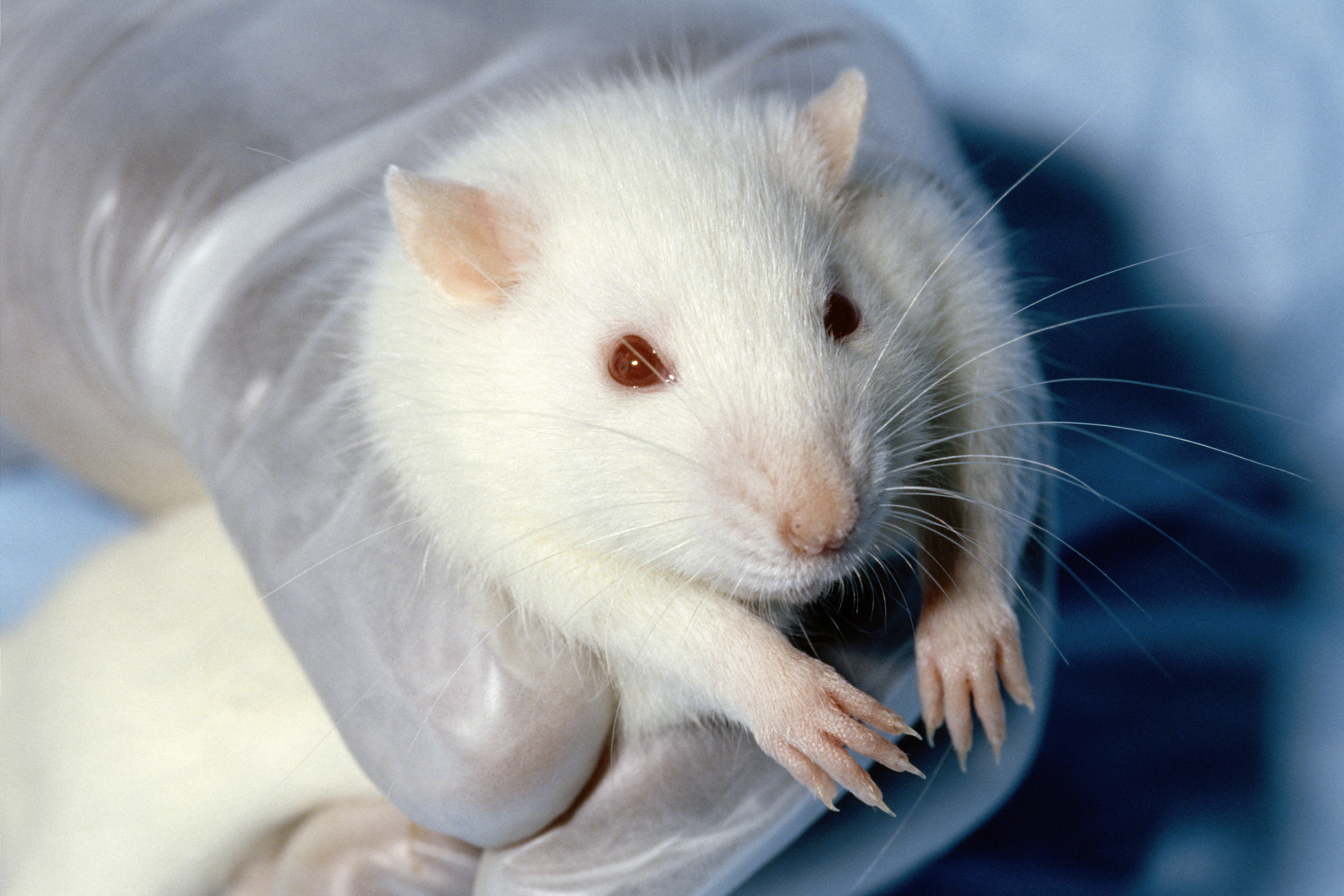Animal Laws and Rules Across The Globe
Posted on August 24th, 2020

“The Greatness of a nation and its moral progress can be judged by the way its animals are treated”
Animal welfare remained a relative backwater of philosophical inquiry and legal regulation until the final decades of the 20th century.
The fundamental principle of modern animal rights and law is that many nonhuman animals have basic interests that deserve recognition, consideration, and protection. In the view of animal rights advocates, these basic interests give the animals that have them both moral and legal rights.
The Animal Protection Index was designed by World Animal Protection. It establishes a classification of 50 countries around the globe in regards to the commitment to protecting and improving animal welfare in legislation and policy, grading them from A to G. With A being the highest scoring and G meaning room for improvement.
Currently, India is ranked 13th and graded C along with France, Brazil , Italy and Australia.
Best-ranked nations!

Credits: Holland & Muirden
Here are the top 4 countries who have been graded A and are restoring humanity-
- Austria:
Receiving an A Grade, Austria is among the best countries for animal welfare. The Austrian Animal Welfare Act 2004 suggests that the protection of the wellbeing of animals should be held to a value that is equal to humankind.The act also applies to farm animals with regulations particularly aimed at protecting them. - New Zealand:
New Zealand is a world leader in animal welfare receiving an overall A grade. The rights of animals in New Zealand is protected under the Animal Welfare Act of 1999 and the Animal Welfare Strategy of 2013. These legislations emphasize New Zealand's position as a global leader in animal welfare and its wishes to maintain progressive stances in scientific and technological advances in regards to animal welfare. - Switzerland:
According to international standards, Switzerland has higher levels of animal welfare and protection in comparison with other countries. The Animal Welfare Act of 2005 protects the welfare and dignity of animals. Activities that are deemed degrading to the dignity of animals are forbidden and include suffering, infliction of pain, harm, or exposure to humiliation or anxiety. - United Kingdom
Animal welfare in the United Kingdom is different from animal conservation. The latest animal welfare legislation in both Wales and England is the Animal Welfare Act of 2006. The act introduced tougher penalties for both cruelty and negligence which include a lifetime ban from pet ownership, a 51-week maximum jail term, and fines amounting up to £20,000. The act also introduced the duty of care to a pet by the owner who is required to provide the necessary basic needs for the animal.

Animal Laws in India
The law, when effectively harnessed with courage and compassion, can become the most potent weapon in the fight against animal abuse and exploitation. But our affability for the animals seems to be moving backwards. Since time immemorial we have been worshipping animals but at the same time they are also been sacrificed as religious offerings.
Many people are unaware of the laws which have been passed to safeguard the animals.
Some of the laws which govern the animal welfare are-
- The Prevention of Cruelty to Animals Act, 1960
- Wildlife Protection Act, 1972
- Slaughter House Rules, 2010
- Transport of Animals Rules, 2009
- Performing Animals Rules, 2001

Credits: Kashyap Dave
Common but important pointers for common cases regarding these laws and rules are:
- It is the fundamental duty of every citizen of India to have compassion for all living creatures, Article 51A(g) of the Indian Constitution.
- Feeding needy animals is a social service.Persons who are trying to interfere and object to feeding strays and hence display aggression can be held liable for having committed offenses described in the Indian Penal Code and criminal intimidation as it is also against article 51 A (g) of the Indian Constitution.
- Hitting or hurting any animal is illegal under the Prevention of Cruelty to Animals Act 1960 and a cognizable offence under Section 428 and 429 Indian Penal Code.
- Abandoning any animal for any reason can land you in prison for up to three months. Section 11(1)(i) and Section 11(1)(j), PCA Act, 1960.
- No animal (including chickens) can be slaughtered in any place other than a slaughterhouse. Sick or pregnant animals shall not be slaughtered. Rule 3, of Prevention of Cruelty to Animals, (Slaughterhouse) Rules, 2001 and Chapter 4, Food Safety and Standards Regulations, 2011.
- It is a criminal offense to feed poisonous food to stray animals and A person who is caught doing so can be charged under Section 11 of the Prevention of Cruelty to Animals Act of 1960.
- Organizing or participating in or inciting any animal fight is a cognizable offence. Section 11(1)(m)(ii) and Section 11(1)(n), PCA Act, 1960
- Cosmetics tested on animals and the import of cosmetics tested on animals is banned. Rules 148-C and 135-B of Drugs & Cosmetics Rules, 1945.
- Teasing, feeding or disturbing the animals in a zoo and littering the zoo premises is an offence punishable by a fine of Rs. 25000 or imprisonment of up to three years or both. Section 38J, Wildlife (Protection) Act, 1972.
- Animal sacrifice is illegal in every part of the country. Rule 3, Slaughterhouse Rules, 2001.
- Bears, monkeys, tigers, panthers, lions and bulls are prohibited from being trained and used for entertainment purposes, either in circuses or streets. Section 22(ii), PCA Act, 1960.
- Conveying or carrying animals whether in or upon any vehicle, in any manner or position which causes discomfort, pain or suffering is a punishable offence under two Central Acts. Section 11(1)(d) Prevention of Cruelty to Animals, (Transport of Animal) Rules, 2001 and Motor Vehicles Act 1978.
